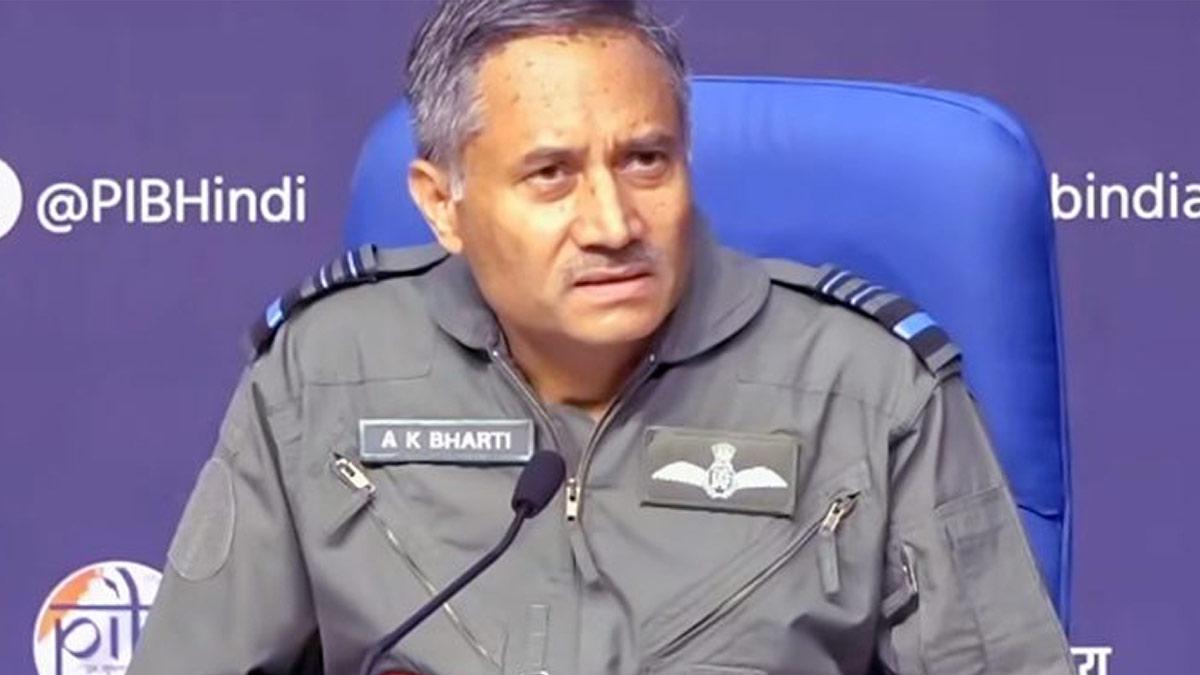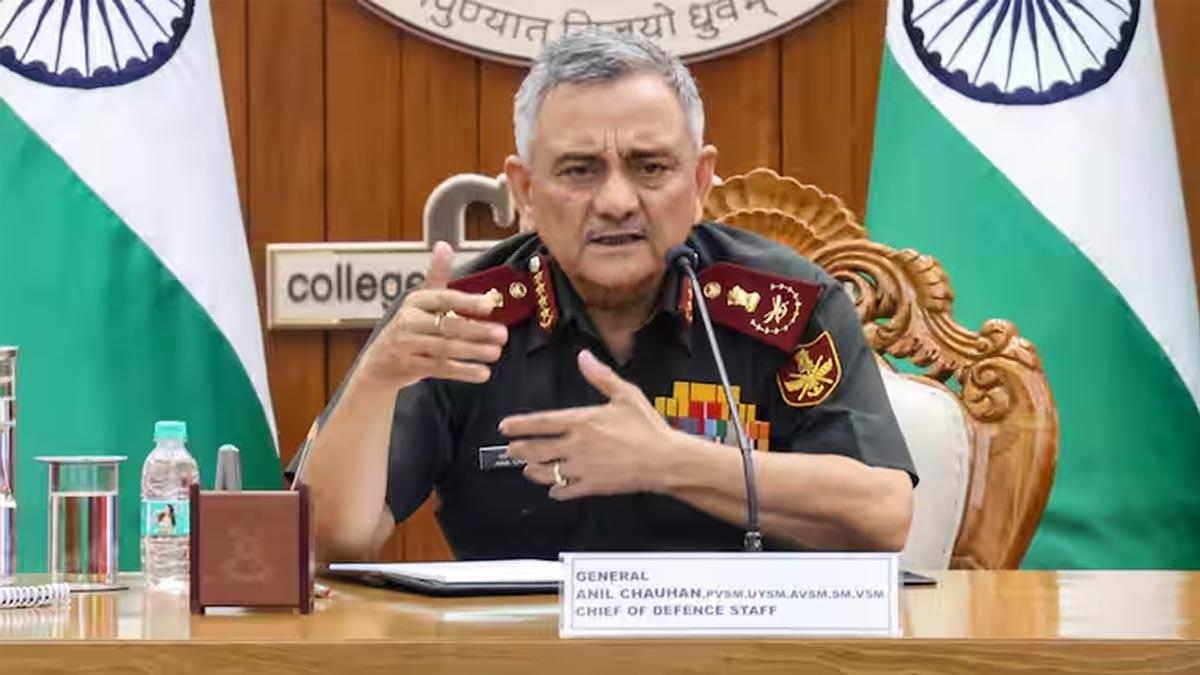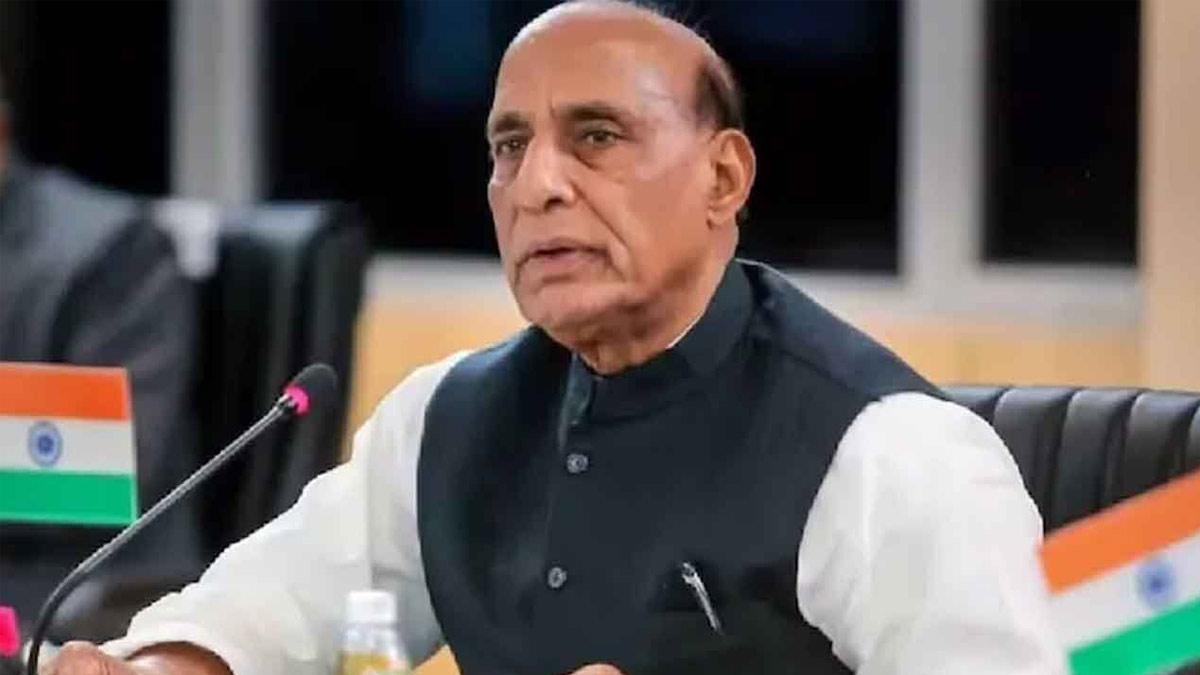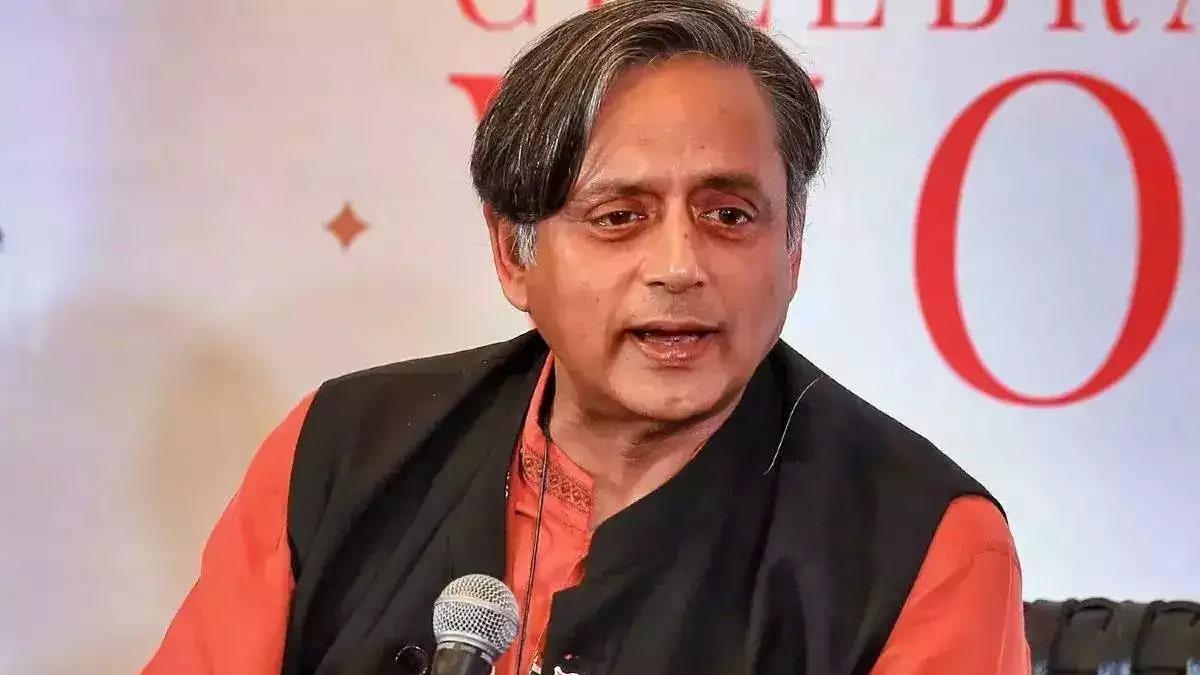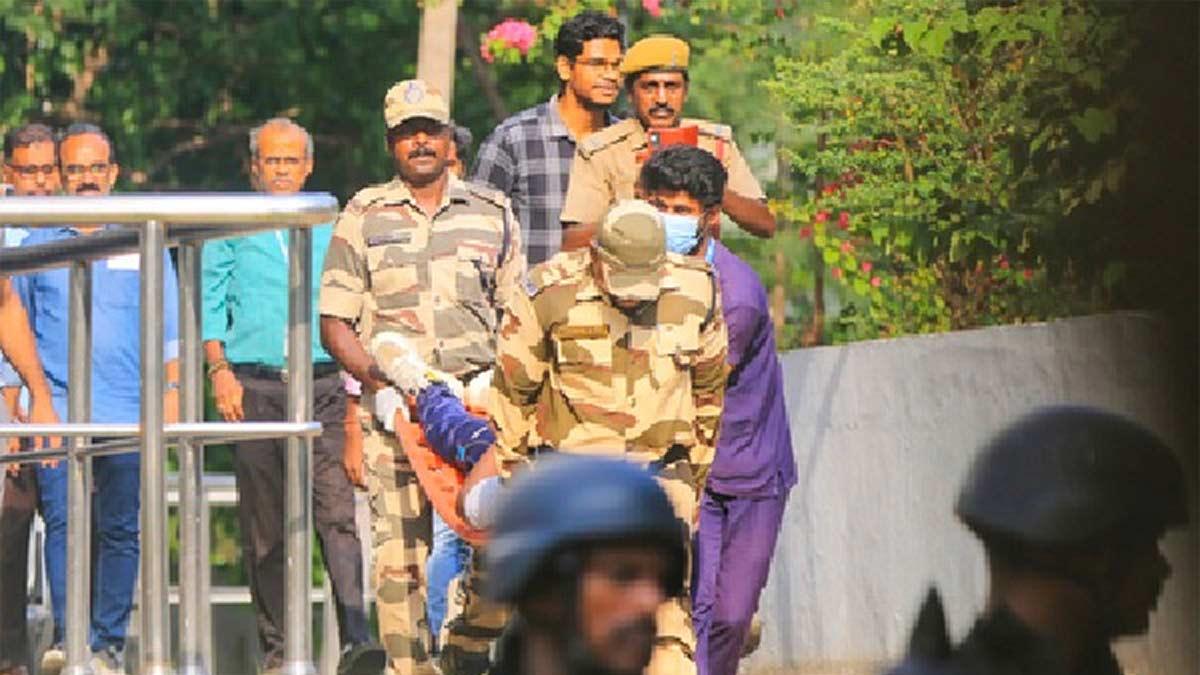India on Monday reaffirmed that Operation Sindoor was a targeted counter-terror operation designed to wipe out cross-border terror infrastructure, rather than a clash with Pakistan's army—an escalation it insisted was instigated only by Islamabad's move to support terrorist groups.
Addressing a joint press conference, Air Marshal A.K. Bharti, Director General of Air Operations, underlined that Indian strikes on May 7 were restricted to terrorist camps. Still, he deplored, "It is a pity that the Pakistani military decided to interfere — and that too in favor of terrorists — which forced us to retaliate."
We reaffirmed also that our struggle was against terrorism and their infrastructure of support and not against the Pakistan military," he said, maintaining that the price Pakistan paid was "a result of its own decisions.
Air Marshal Bharti lauded India's air defence for standing firm, attributing the success of the retaliation to an integrated chain of indigenous systems. "India's defence systems were like a wall that repelled all efforts to penetrate our airspace," he said, underlining the key role played by the Akash missile system in intercepting airborne threats.
He explained how waves of drones and unmanned combat air vehicles (UCAVs) sent by Pakistan were countered with locally developed soft-kill and hard-kill counter-drone systems. The majority of the drones, authorities added, were Chinese and Turkish in origin, and were blocked by intercepting PL-15 missiles from entering Indian territory.
Lieutenant General Rajiv Ghai, Director General of Military Operations, displayed video footage of a huge crater formed at Pakistan's Noor Khan airbase due to Indian precision strikes, again assuring that all Indian airbases are fully functional and safe.
The Indian leadership credited the success in operations to the high degree of synergy between the armed forces, the input of agencies such as the Border Security Force (BSF), and the overwhelming support of India's 140 crore citizens.
"Battle-tested systems proved their mettle," Bharti said, and that "the integrated, multi-layered air defence shield has become impenetrable — thanks to the continued budgetary and policy support of the government over the last decade."
He ended by reiterating that India's actions stemmed from its determination to combat terrorism, not raise tensions. "Military retaliation was not our intention. It became inevitable only because Pakistan opted to provide shelter to perpetrators of cross-border terror."
Read also| DGMO: Pakistan Army Suffered 35-40 Casualties in Indian Strikes
Read also| Pahalgam Attack a Tragedy for Judiciary, Says Justice BR Gavai

